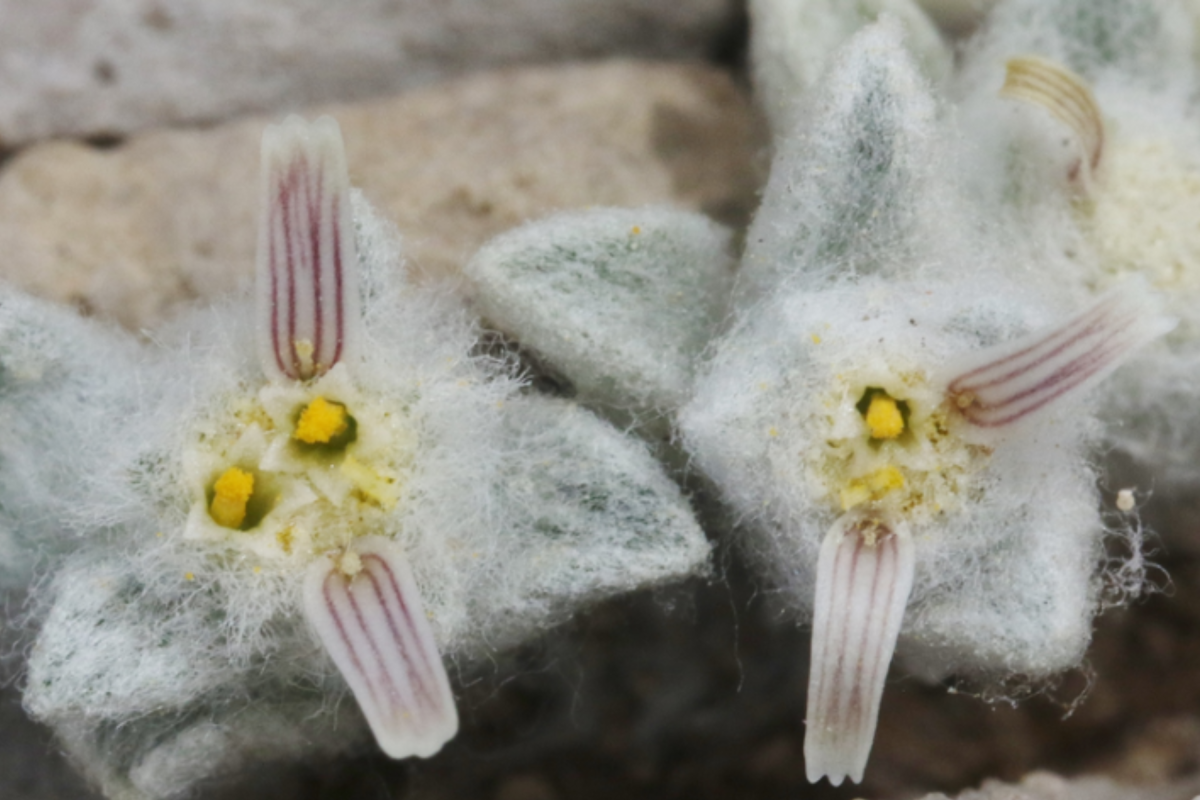In Big Bend National Park in Texas, a new species of plant has been discovered. It has affectionately been called “the woolly devil.” It is an important event for botany and the conservation of plants in the United States.
**Why is the Wooly Devil Discovery Important?**
According to the California Academy of Sciences, this marks the first new plant *genus* and species to be discovered within a U.S. National Park since 1976, highlighting the importance of continued exploration and research, even in well-studied areas. The finding coincides with concerns about “devastating” plant changes predicted due to climate change impacting plant hardiness zones, making the identification of resilient or adaptable species like the *Ovicula biradiata* all the more crucial. In well-travelled environments, it is becoming increasingly difficult to identify a new species of plant.
**Key Facts About the New Species**
The wooly devil, scientifically named *Ovicula biradiata*, is a member of the sunflower family (Asteraceae). Big Bend National Park is located in Chihuahuan Desert. This area, known for rich biodiversity, and the warmth of its desert, has a unique species. This area provides ideal conditions for the growth of rare plants.

In March 2024, a National Park Service employee who was a volunteer recorded the unidentified specimen in the iNaturalist application. The app is used to identify species and encourage citizen science. After this initial upload, botanists from around the world began collaborating to correctly identify and classify the plant.
The previous discovery of a new plant *genus* in the national park system was in 1976 with the mountain-dwelling shrub July gold ( *Dedeckera eurekensis* ) found in Death Valley National Park.
The name *Ovicula biradiata* is inspired by the distinctive physical characteristics of this novel plant. “Ovicula,” translating to “tiny sheep,” references the dense, wool-like hairs that cover the leaves, paying homage to the endangered Big Bend bighorn sheep (*Ovis canadensis*). The two ray-florets in every flower are known as “Biradiata” or “bi-radial”. In an affectionate way, researchers who worked with the plant gave it the name “wooly-devil”, which refers to its fluffy appearance and distinctive characteristics.
**Expert Insights on *Ovicula biradiata***
Dr. Isaac Lichter-Marck, a researcher from the California Academy of Sciences, elucidated the importance of the find: “*O. biradiata* is a member of the sunflower family, although it does not resemble its sunburst-shaped relatives at first glance. We sequenced its DNA, compared it to other samples in the Academy’s herbarium and discovered that the small fuzzy plant was not only a novel species within the sunflower family, but also different enough from the closest relatives for it to be deemed a separate genus.
Carolyn Whiting is an expert botanist at Big Bend National Park. She commented further on future research opportunities: “Now that we’ve identified the species and given it a name, there are still a lot of things to discover about it.” The species’ ecological function, potential medicinal properties and conservation status are all important.
**Future Research and Conservation**
The discovery of the wooly devil (*Ovicula biradiata*) opens up exciting avenues for future botanical research. Scientists wish to learn more about its adaptations to harsh desert conditions, to better understand its reproductive strategy, and to assess the conservation needs of this plant. More explorations in Big Bend National Park, and within the Chihuahuan Desert as a whole, may provide more information about this new species’ distribution and genetic diversity. This will allow for a better understanding. The discovery confirms Big Bend National Park as a hotspot for biodiversity and highlights the importance of ongoing conservation efforts in order to preserve its unique fauna and flora.


